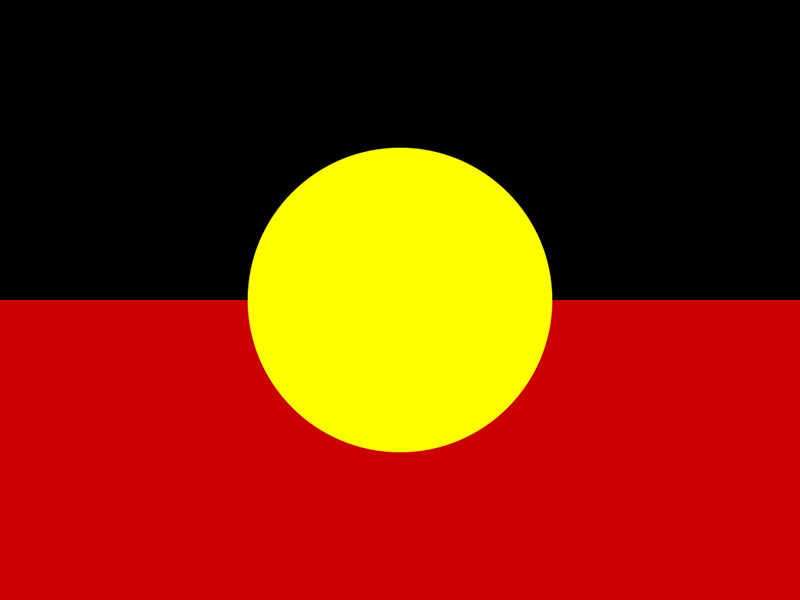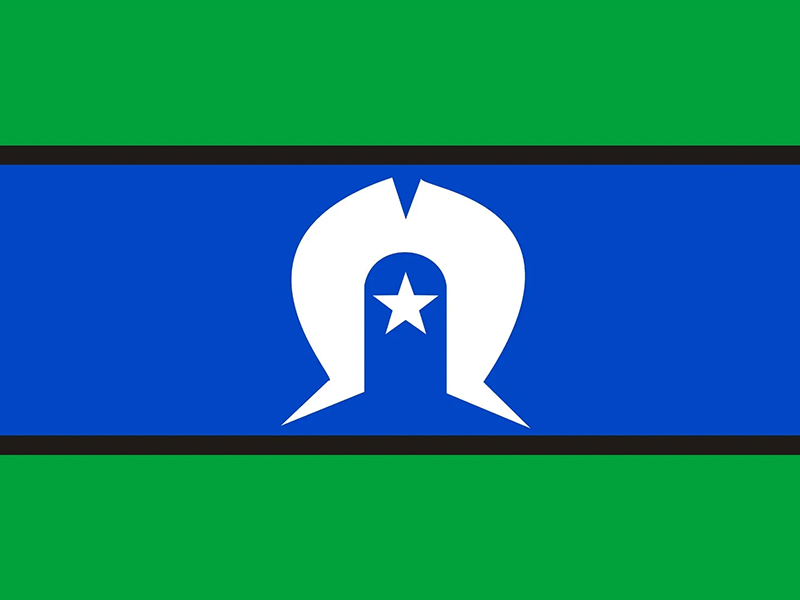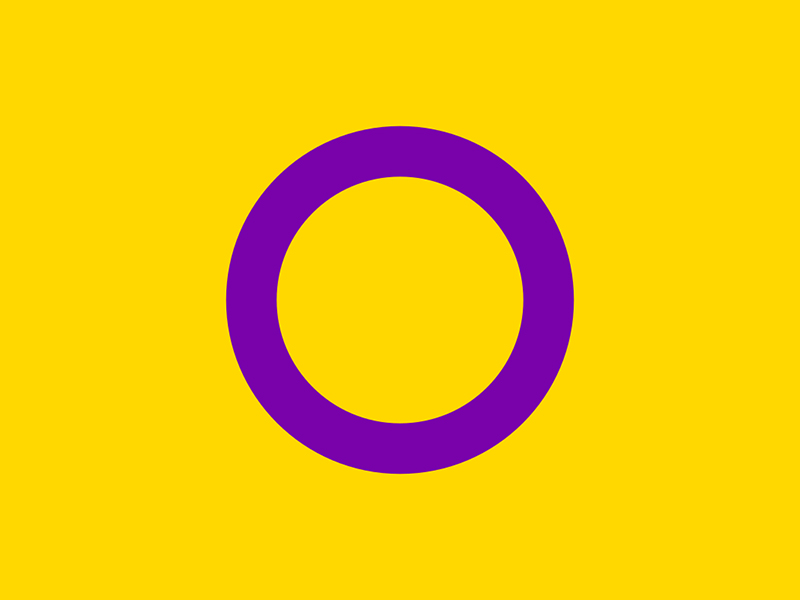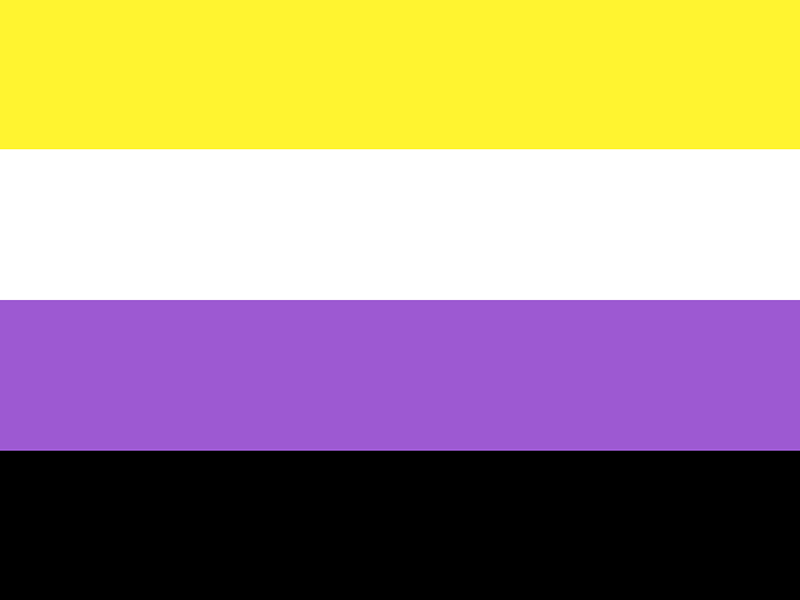What’s an ally?
Allyship is about supporting not just the LGBTIQA+ people you know, but also actively creating a world where all LGBTIQA+ people can feel safe to be themselves.
An LGBTIQA+ ally is someone who:
- Consistently supports and stands up for all LGBTIQA+ people
- Advocates for the inclusion of LGBTIQA+ people in all spaces
- Commits to change by actively challenging discrimination and bigotry
- Works to eliminate the oppression of LGBTIQA+ people
- Normalises the identities and experiences of LGBTIQA+ people
Tips to be an LGBTIQA+ ally
Educate yourself: Do your own research to better understand and correct misinformation that you hear.
Don’t assume: It’s important to know that every person’s sexuality, gender identity and expression may be different. Ask when unsure and listen.
Share your pronouns: Include pronouns in social media bios, email signatures and name badges, introduce yourself with your pronouns when you meet new people – even if you are cisgender!
Check your privilege: Listen to and consider the voices typically not heard. Issues like racism, ableism, ageism, religious oppression and fatphobia intersect with our identity and impact the experiences of the LGBTIQA+ community.
Advocate: Speak up and show you support for LGBTIQA+ people and communities. Learn the needs of the community and make sure your work reinforces positive change.
Call out harmful words and actions: Call out any hurtful language, remarks or jokes that are inappropriate. Seek out other allies who will support you in this effort.
Be active
Sometimes people make harmful comments because it is considered acceptable (e.g., “That’s so gay”, or “He was born a boy and I don’t care if he thinks he’s a girl”).
That’s why it is important that allies challenge this behaviour.
Some ways to challenge harmful behaviour
- “Being gay is not an insult”
- “Statements like that are offensive and are not acceptable.
- “We don’t speak like that here”
- “I will not tolerate your offensive views”
- “All LGBTIQA+ people deserve respect”
- “How they feel about themselves is much more important than the body parts they might have”
It can be hard to have the courage to confront someone, and sometimes people don’t say anything to avoid an uncomfortable situation. However, if we don’t say anything, the anti-LGBTIQA+ behaviours will continue.
If you feel safe, say something even if you are unsure what to say. It is okay not to know everything. Do your best. Let them know that what they said is unacceptable.
Be visible
Many LGBTIQA+ people hide parts of their identity when they don’t know if they are in a safe space. It is important always to signal that you are an ally as we don’t always know if someone is LGBTIQA+.
There are many ways you can signal that you are an ally:
- Display rainbows or safe space posters in your work, school or community spaces
- Wear clothing showing your support (e.g., flag pins/badges and lanyards)
- Share your pronouns (or wear a pronoun badge) and ask for theirs if they’re comfortable
- Do not assume someone is cisgender or heterosexual. Use gender-neutral pronouns and terms until you have more information
- Consistently normalise LGBTIQA+ identities and experiences in all situations
- Use gender-neutral collective terms
- Ensure other people in the space are also allies






